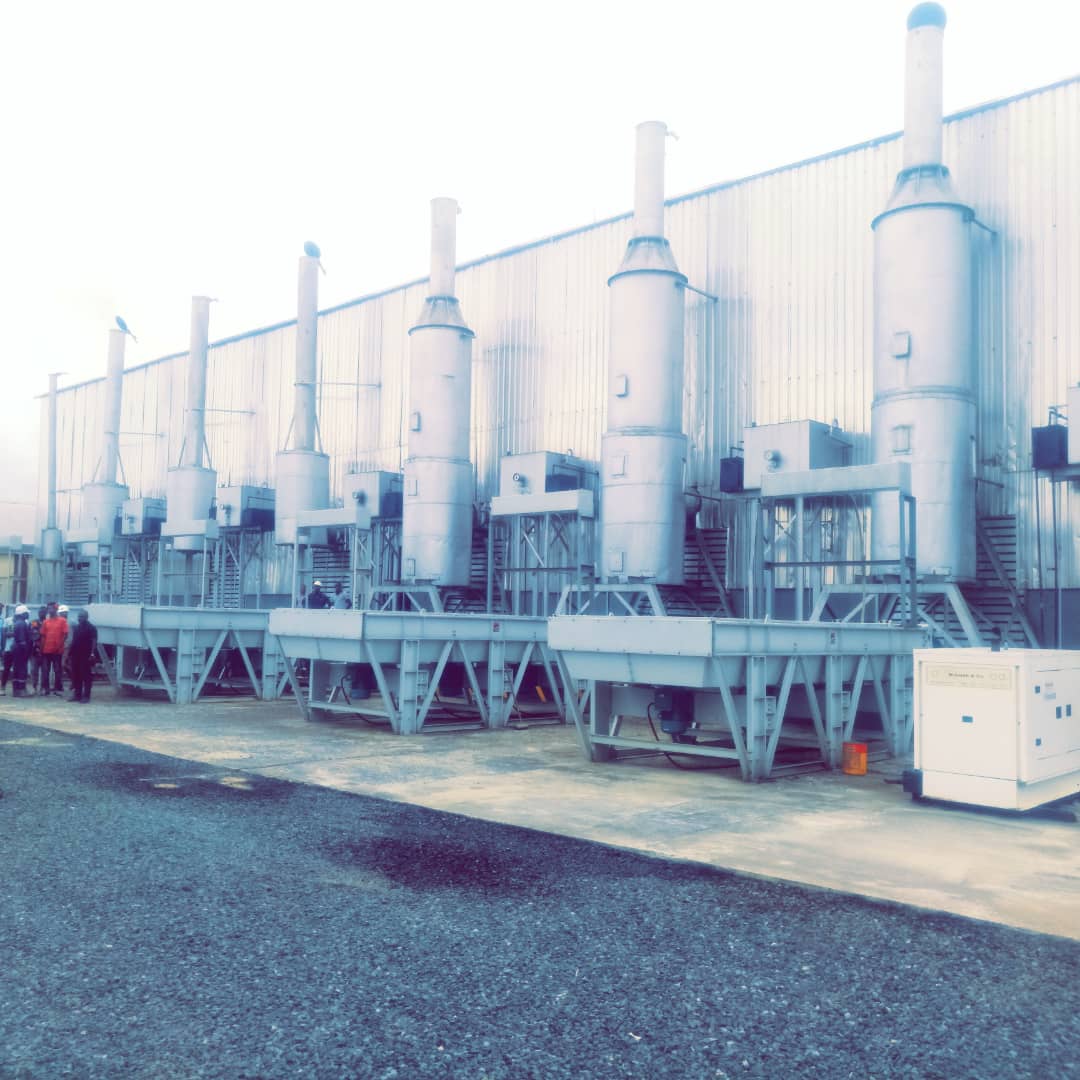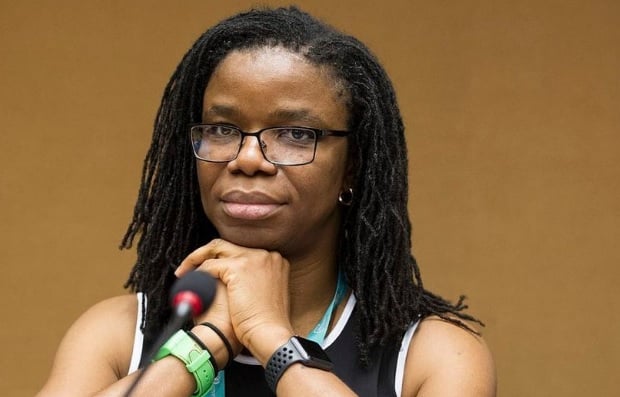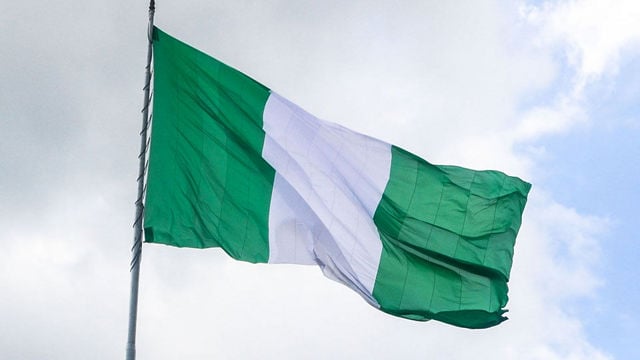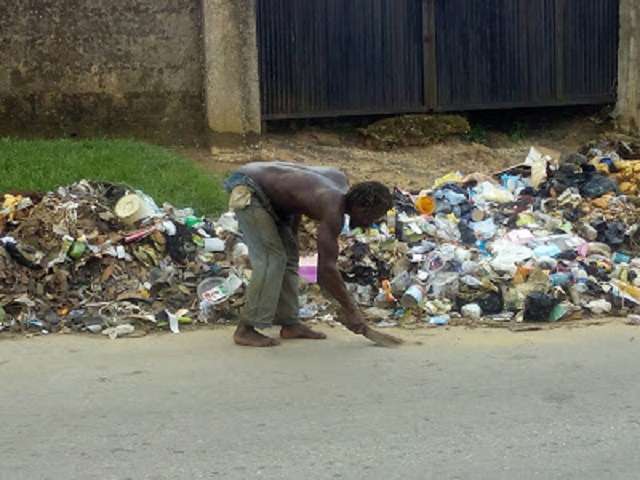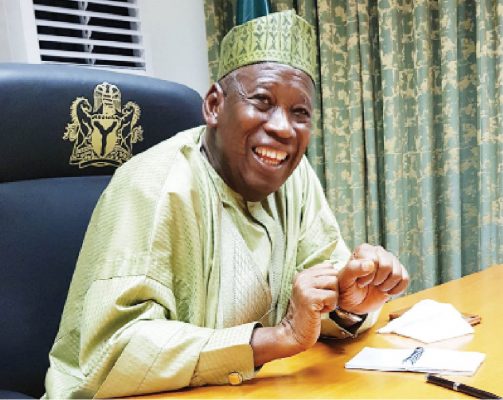One young lady from a radio station in Lagos searched me out. She had read a couple of my materials on broadcasting and needed to ask some questions on Digital Switchover (DSO) by way of getting some more understanding that she, in turn, could extend to her audience. This is a job I was happy to do. Even if you woke me from a deep slumber I would be ever ready because I love broadcasting. What is DSO and what does the Ministerial Task Force inaugurated last week mean to the entire process and to Nigerians? Simple question steeped in raw innocence.
The little problem is that in Nigeria, even little questions are trapped in complications because of forced challenges, a daily grind which makes life unbearable in a desultory rhythm of hopelessness. Simple question, and the telecommunications networks couldn’t permit a corresponding simple answer; instead it was a profile in failed communications, a grotesque version of reality. A communication is complete when properly understood by the parties involved. But not this one. This result would distress her audience. I felt sorry for the young lady trying to do her work.
My other little constraint is, how do you explain to this excitable girl that Nigeria is late to the DSO party, having missed the switchover date twice, one in 2015 and the other in 2020? How do you explain that a global decision to which the country was a party has been totally compromised because of some very latent interests and is only now receiving a shot of life?
Or would it ever make sense to her that former President Goodluck Ebele Jonathan, established a Presidential Committee known as the Digiteam and headed by a well-tested engineer, Mr Eddie Amana, to drive the digitization process, and that this Committee has now been replaced by a Ministerial Task Force, headed by the Minister himself, Alhaji Lai Mohammed? Without an obtuse power play, which one – Committee or Task Force – should be more powerful, the one set up by the President or the one put in place by a Minister?
Advertisement
A simple question: what does this Task Force mean to Nigeria? It means that government is waking up to the reality that the process which had a beginning must be driven to a logical conclusion with expected results. It means that somebody is thinking right, to ensure that Nigerians enjoy the dividends of digitization – quality music, quality movies, new job opportunities, and some kind of tech nirvana when you lace the entire process into one inseparable piece.
The Minister was lavish about the opportunities the DSO will provide. Waxing lyrical in a non-campaign season (or is this government in a never-ending campaign season?) the Minister said: “Gentlemen, my decision to set up the Ministerial Task Force to drive the DSO process is hinged on the fact that a successful Digital Switch Over is a massive job creator and a huge revenue generator, This process is capable of creating over 1 million jobs over the next three years. As part of our efforts to maximize the opportunities available in the process, we have made necessary changes in the Broadcast Code to protect local jobs and production, we have started the process of introducing world class Audience Measurement and Media Monitoring to deliver on our potential 1-billion-dollar TV and Online Advertising revenue market and now we will ensure that the DSO ecosystem delivers value to the economy.”
The Minister’s effusions have a source. Only recently the Federal Executive Council (FEC) approved the sum of N9. 4bn for the National Broadcasting Commission (NBC) to fasttack the digitization process and position the country to reap from the dividends that have been so associated with the technology switch. The money will be used to upset legacy debts and ensure that, going forward, the process starts on a clean platform and run with speed. It is also now understandable while the Minister recalled an earlier agreement by the various stakeholders that the process should be driven by the private sector and must be made very competitive. Henceforth, the government will not put a dime, he seems to be saying. We shall return to this but first the concerns of the young lady who works for a radio station.
Advertisement
The reason for this extra attention is that, just like the young lady, there may be so many people asking very pertinent questions today about government processes, and answers are not forth coming; because Government is the all-knowing and has no reason, for instance, to carry out stakeholder engagement on a rail route to Niger Republic. We have no reason to quarrel about our children being kidnapped from school by bandits because government is all-knowing and knows what to do. Every dodo has become a mega star in an administration whose activities give more worry to the ordinary fella on the street based on what somebody calls empirical evidence, which tells more story. The people are calling for answers on certain issues including the DSO.
The Digital Switchover (DSO), according to the International Telecommunications Union (ITU), is the process of moving from analogue to digital terrestrial television. The process will create super signal carriers like Integrated Television Service (ITS) and Pinnacle who have been licensed in Nigeria to carry signals for broadcasters. The broadcasters will thus vacate their frequencies which will be harvested by the government as digital dividends for telecommunications activities. Set Top boxes manufactured locally will assist analogue television sets in our homes to achieve digital relevance. So, another advantage is that the DSO can give us a better and bigger broadcast sector and a more effective telecommunications industry.
The little contradiction here is the position of the Minister. While he says that DSO should be driven by the private sector, the Task Force has three persons from the Ministry of Information and Culture alone, including the Chairman and Secretary. There are other people from government. One would think that as always, the role of the Minister is to ensure robust policy formulation for the industry. What has played out here is pure regulatory capture of the broadcast industry, just as it is in the telecommunications industry. Or could one not be safe here to conclude that regulatory capture is a common characteristic of this administration!
Okoh Aihe writes from Abuja
Advertisement
Views expressed by contributors are strictly personal and not of TheCable.
Add a comment



